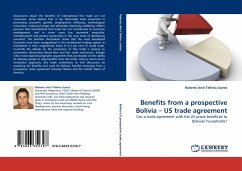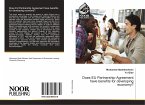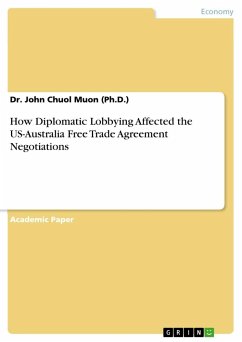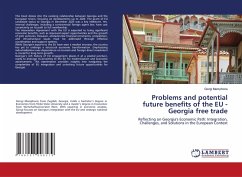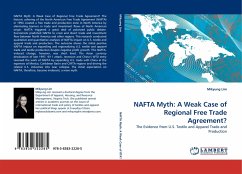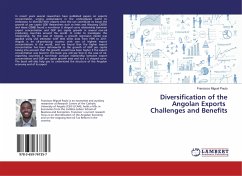Discussions about the benefits of international free trade are not conclusive. Some believe that it has historically been important in promoting economic growth, employment, efficiency, technological innovation, reducing hunger and ultimately improving wellbeing. Others perceive that international free trade has not contributed to economic development, and in some cases has worsened inequality, unemployment and poverty particularly in the rural areas of developing countries. The Zanzibar Declaration states that the Least Developed Countries have been marginalized in the multilateral trading system as manifested in their insignificant share of 0.4 per cent of world trade. Currently the debate on the economics of free trade is leaning to economists advocating laissez-faire and less trade restrictions, though critics have exposed pragmatic arguments that put doubts on the ability of ordinary people to reap benefits from free trade. Using a macro-micro simulation approach, this book contributes to this discussion by analyzing the benefits and costs for Bolivian families emerging from a prospective trade agreement between Bolivia and the United States of America.
Bitte wählen Sie Ihr Anliegen aus.
Rechnungen
Retourenschein anfordern
Bestellstatus
Storno

